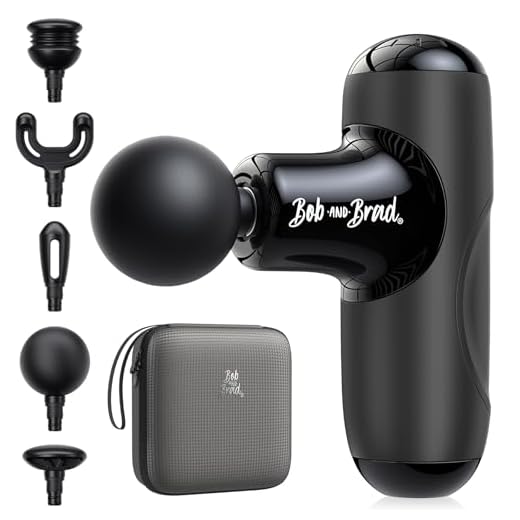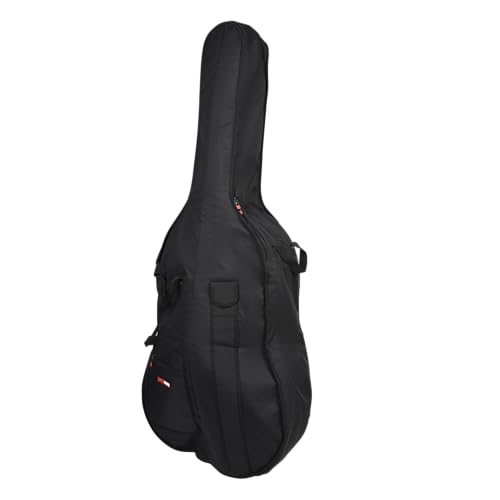Transporting personal massagers, specifically those resembling a wand, in checked baggage is generally permissible. However, it’s essential to verify the specific airline’s regulations prior to packing, as policies can vary significantly between carriers.
When preparing items for air travel, ensure that the device is turned off and securely packed to prevent any accidental activation. Consider placing it in a padded case or wrapping it with clothing to protect it from damage during transit.
Additionally, be mindful of the power source. If the device operates on batteries, remove them and pack them separately to prevent any risk of short-circuiting. For devices that require a power outlet, confirm compatibility with your destination to avoid inconvenience upon arrival.
Traveling with a Personal Massager
Fitting personal massagers in the hold of an aircraft is generally permitted, but it’s crucial to confirm a few specifics before packing. First, ensure that the device is not excessively heavy or violates size limits set by the airline.
Avoid including batteries that are larger than what regulations allow, as these can pose safety concerns. Always check with your chosen carrier for any particular restrictions regarding such devices.
Security Screening Considerations
During security checks, larger items may require additional screening. Be prepared for inspections and have your personal massager easily accessible for TSA agents if needed.
Traveling Internationally

Different countries have varying regulations on bringing personal items. Research destination laws to avoid complications at customs. Consider storing the item securely to prevent any damage during transit.
Understanding Airport Regulations on Personal Items
Familiarity with regulations surrounding personal belongings is necessary for a hassle-free travel experience. Typically, personal items are subject to specific guidelines set by transportation authorities. Electronics such as personal massagers are generally allowed in luggage, provided they meet size and power specifications outlined by airlines.
Be aware that some regions may have unique restrictions regarding the transportation of certain devices. Prior investigation into airline policies and regulations of departure and arrival airports is advisable to prevent complications.
Examine whether any item requires particular consideration, such as battery types and power limits. Items with lithium batteries may have stricter limitations, affecting their transport status. Ensure devices are turned off during flights and packed properly to mitigate risks.
Consult official airline websites for detailed information, including weight and size regulations for personal belongings. If you’re uncertain about specific items, reach out directly to the airline for clarification. Knowledge of allowed dimensions and policies helps avoid inconveniences at security checkpoints.
Packing Guidelines for Electrical Devices
Place all electrical items in padded cases to prevent damage during transit. Secure loose cables with ties or rubber bands and avoid packing them loosely in bags.
Always check the voltage requirements. Ensure that your devices are compatible with the voltage of the destination country. Carry a universal adapter for convenience.
Identify the battery type. Portable items with lithium batteries should comply with airline regulations regarding battery size and quantity. Confirm the maximum watt-hour rating allowed by checking with the carrier.
Consider the location of devices within your checked baggage. Pack them towards the top for easier access during inspections, if required by security personnel.
| Item Type | Packing Tips |
|---|---|
| Small Electronics | Use padded sleeves; keep batteries secure. |
| Chargers | Bundle cords neatly; label if necessary. |
| Large Devices | Pack securely with cushioning materials around all sides. |
If a device contains any fluids, ensure it is properly sealed to avoid leaks. Double-check manufacturer guidance on safe transport options for sensitive equipment.
Potential Issues with Customs Clearance

Carrying personal appliances can pose challenges at customs. Many countries have strict regulations concerning specific types of devices, especially those classified as electrical. Be prepared for potential scrutiny and verification of your items, as customs officials may ask for documentation or a demonstration of functionality.
Certain electrical devices might not comply with regulations in various jurisdictions, leading to confiscation if they are deemed inappropriate. To mitigate the risk of complications, research the destination country’s rules regarding personal electronics prior to traveling. Consider labeling items clearly and having receipts handy to demonstrate ownership.
Limited Scope of Allowances
Regulations can differ not just between countries but also among airlines. Some carriers might limit the types of electrical equipment permitted in checked bags, regardless of local laws. Consulting your airline’s policy on personal gadgets can prevent unnecessary delays and issues at security checkpoints.
For frequent travelers, investing in quality storage options, such as the best luggage for frequent business travel, can provide additional safety and organization for your possessions. This reduces the likelihood of customs questioning your items due to disarray.
Handling Conflicts with Officials
If customs officials express concerns, remain calm and cooperative. Understand their perspective; regulations are often in place to ensure public safety. Being courteous and presenting documents clearly can help resolve disputes effectively.
Being informed about regulations can further ease the process, allowing for smoother passage through customs. If dealing with potential sleep issues during travel, remember that some travelers find that red wine can help you sleep on long flights. Preparing adequately can lead to a more pleasant travel experience.
Travelers should also consider the option of purchasing devices locally, bypassing customs entirely. Researching reliable local vendors can also save time and hassle.
Ultimately, remaining informed and prepared is key to circumventing issues at customs when traveling with personal electrical items.
Additionally, utilize travel gear designed for easy access, such as the best luggage for traveling salesman, to streamline your journey.
Safety Considerations for Travel
Prioritize safety when transporting electrical personal items. Here are key recommendations:
- Ensure all devices are switched off completely. This prevents accidental activation during handling.
- Pack items in padded cases to avoid damage. Sharp objects or heavy items in the same bag can cause harm.
- Keep cords and plugs secured to prevent entanglement or damage from other luggage.
Awareness of battery regulations is critical:
- For rechargeable batteries, verify manufacturer guidelines about transport restrictions. Some models may require special handling.
- Devices containing lithium batteries might have specific limits enforced by airlines; check before packing.
In case of inspections:
- Be prepared for airport security checks. Transparency about your devices can facilitate the process.
- Consider using clear bags for small items to expedite security review.
Stay informed on the policies of your airline and other regulatory authorities:
- Review the airline’s website for any additional rules regarding personal electronic items.
- Customs regulations can vary significantly by country; do research to avoid potential complications upon arrival.
Alternatives to Checking Your Wand

Consider carrying your device in a carry-on bag instead of placing it in a checked bag. This ensures that you have direct access during your travel and avoids potential damage or loss associated with checked baggage.
Compact Options
Explore smaller, travel-sized alternatives designed for convenience. These models are often lightweight and easier to transport. Brands provide various compact versions that maintain functionality while being more portable.
Travel Cases
Utilize a protective case for your device to prevent damage. Look for cases designed for travel that are both durable and sleek. This not only protects the item but also keeps it discreet.
- Hard shell cases for maximum protection
- Soft pouches that are lightweight
- Multi-compartment bags to organize accessories
Research airline policies regarding personal electronics to ensure compliance. Some airlines may have specific rules regarding size and weight for in-cabin items. Checking these guidelines beforehand can ease travel experiences.
If traveling internationally, verify local customs regulations concerning electrical devices. Certain countries have restrictions that vary widely, so being informed can aid in smooth passage through customs.
In situations where taking personal items on board isn’t feasible, consider shipping via a reliable courier service. Ensure this option aligns with regulations and consider insurance for higher-value items.
Travel Tips for Avoiding Hassles
Prioritize travel-friendly items by researching airline policies specific to personal devices. Check weight and size restrictions to avoid unexpected fees or difficulties at security checkpoints.
Keep all electronic devices easily accessible in your bag for quick retrieval during security screening. Store chargers and cables together to facilitate organization and prevent tangling.
Label your belongings with your name and contact information, especially in cases of misplacement during transit. Consider using packing cubes or pouches to keep similar items grouped for smooth access.
Prepare for potential delays by arriving at the airport early. This allows ample time to navigate check-in, security, and any additional inspections that may arise.
Stay informed about customs regulations at your destination. Different countries have varying rules regarding electrical items, which may require specific declarations or exemption forms.
Carry a travel pouch containing any necessary documentation and receipts for electronic devices. This can expedite discussions with customs officials, if needed.
If considered necessary, explore alternatives like shipping items directly to your accommodation. This reduces carry-on load and the risks of damages or losses during transport.
Familiarize yourself with local laws concerning personal items to avoid legal troubles on arrival. Certain devices might have specific restrictions based on regional regulations.








